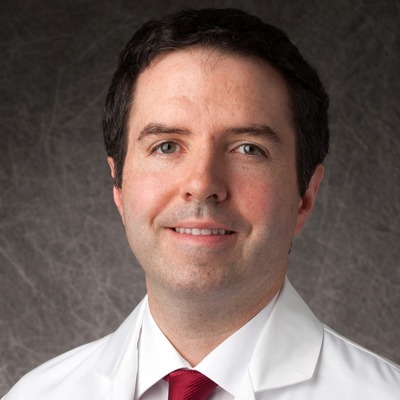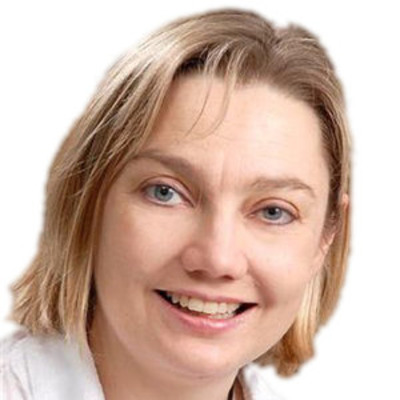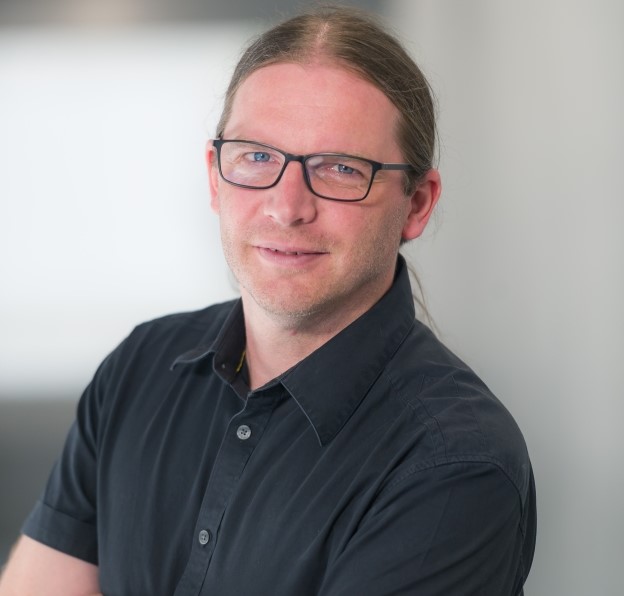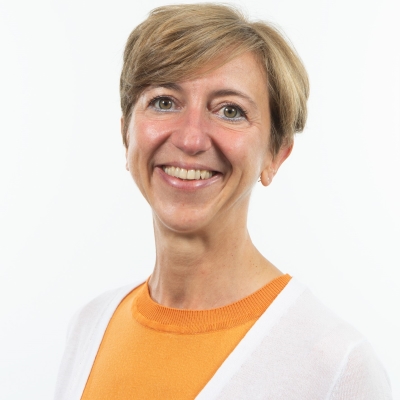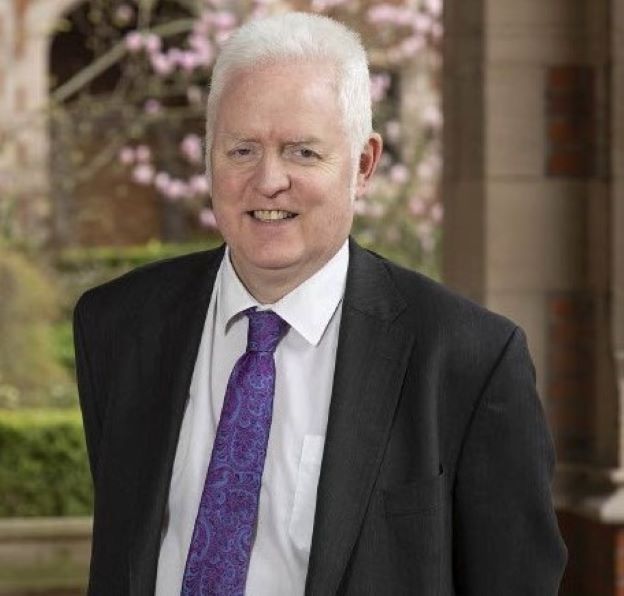
Prof. Mark Lawler
Queen's University Belfast
Mark is Associate Pro-Vice-Chancellor, Professor of Digital Health, and Chair in Translational Cancer Genomics at Queens University Belfast. He has received numerous awards including the prestigious 2018 European Health Award. He is a member of the Board of the European Alliance for Personalised Medicine and led development of their research strategy. He was architect of the European Cancer Patient’s Bill of Rights, launched in the EU Parliament on World Cancer Day 2014. He led the European Code of Cancer Practice initiative by the European Cancer Organisation which he launched with EU Health Commissioner Stella Kyriakides. He is also Co-chair of their Special Network on COVID-19 and Cancer. Mark is Associate Director of Health Data Research Wales-Northern Ireland and Scientific Director of DATA-CAN, the UK Health Data Research Hub for Cancer. His leadership in health data research, with a particular emphasis on cancer has led to key publications in the premier international journals.
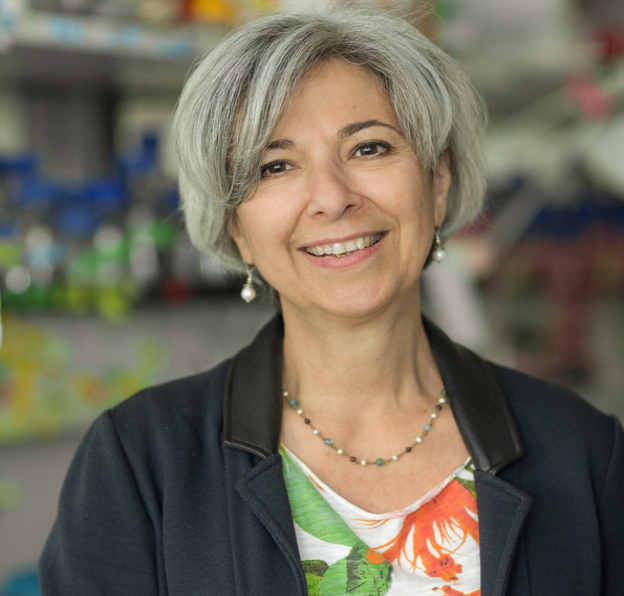
.jpg)
